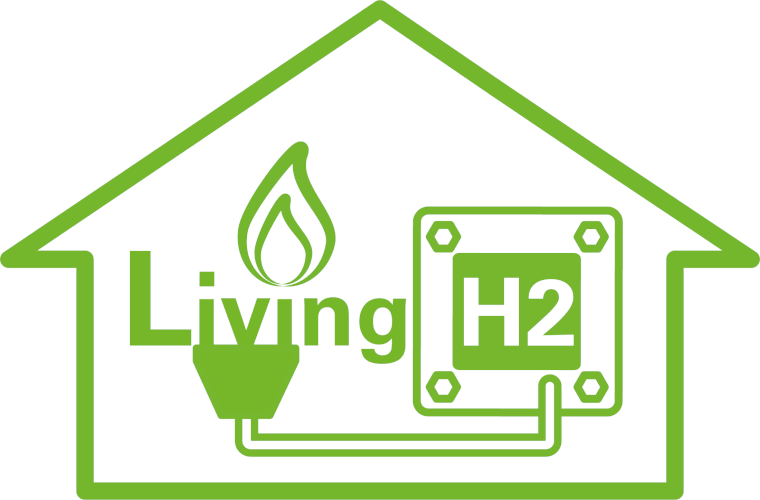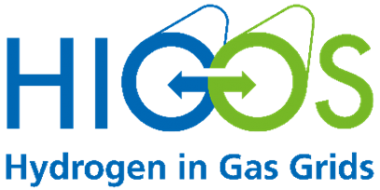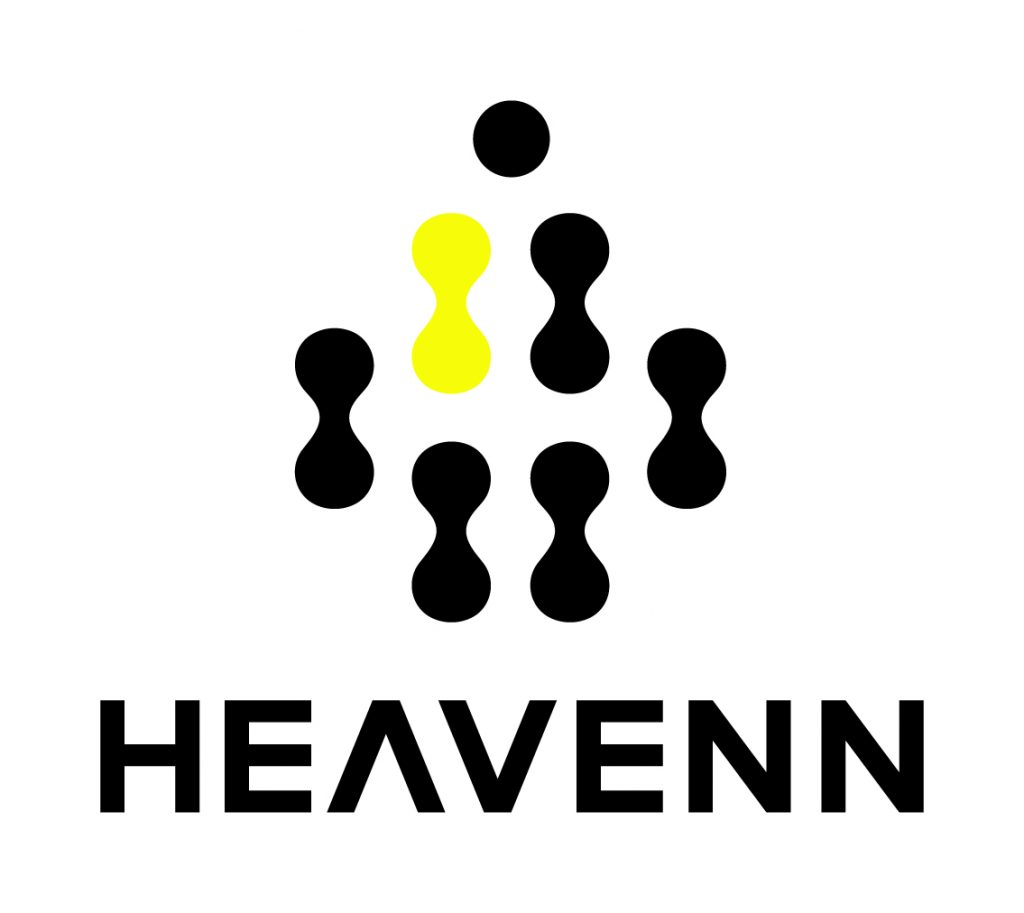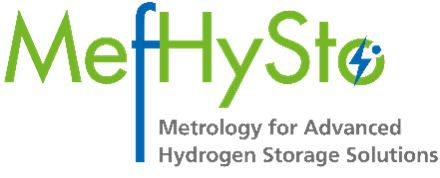Projects
One of the main objectives of ERIG is to promote European research on gas and energy innovation. Since the founding of the association ERIG is now acting partner in several European research projects in a wide range of topics and levels of detail, all of which are highly relevant for the role of gas in the energy transition.

The SuperP2G project duration is from 01.11.2019 to 31.10.2022 and a total budget of 1 965 356 €. It interconnects leading P2G initiatives in five countries, ensuring joint learning. Each national project focuses on different challenges, where researchers team up with local need-owners to co-create solutions. SuperP2G focuses on improving existing tools, as well as develop a new open tool to help stakeholders evaluate the deployment of P2G (in regional energy systems). European potential, Market opportunities and regulatory issues are also analysed.

The LivingH2 project is carried out from 01.10.2020 to 30.09.2022. It develops an improved fuel cell based CHP system with a new catalytic burner that works as the FC off-gas burner and as peak load burner as well as an improved PEMFC MEAs (membrane electrode assemblies) to improve stability and lifetime for pure hydrogen operation. It also validates a complete setup of a pure and renewable hydrogen CHP in a real but controlled environment to provide heat and power to a building.

The HIGGS project has a project duration from 01.01.2020 to 31.12.2022 and a total budget of 2 107 672 €. It aims to show that the safe injection of hydrogen into the EU high pressure transmission natural gas grid is a sustainable, long-term solution to decarbonise the energy system. To enable the power of Hydrogen, HIGGS is going to identify remaining weaknesses regarding H2-Readiness and develop a pathway for a stepwise integration of hydrogen in the EU gas network.

The project HEAVENN sets up a geographical area, where several hydrogen applications are combined together and integrated within an FCH ecosystem. The aim is developing, deploying and demonstrating replicable, balanced and integrated fuel cell and hydrogen-overarching solutions in both energy and transport fields, with the option of providing a hydrogen feedstock. This also includes the development of a long-term vision (roadmap) how to serve all energy needs from H2 and RES based on a local/regional H2 economy until 2050.

The MefHySto project duration is from 01.09.2020 to 31.08.2023 and it addresses the need of large-scale energy storage, which is required for a shift to renewable energy supply. Such storage is required to supply energy at peak times when renewable sources fluctuate and can be realized with large-scale use of hydrogen. Metrological traceability in the energy infrastructure for hydrogen storage is crucial. Thus, improved knowledge of chemical and physical properties of hydrogen as well as traceable measurements and validated techniques are imperative.

The project Store&GO was carried out from 18.03.2016 to 18.02.2020 and had a budget of 28 million €. It demonstrated three innovative Power-to-Gas (PtG) storage concepts at locations in Germany, Switzerland and Italy. STORE&GO served as a rolemodel for the collaboration activities within the ERIG network.
https://erig.eu/store-go-info/

Long haul road transport is one of the most difficult sectors to decarbonise. ERIG has launched the study “Renewable Long Haul Transport Considering Technology Improvements and European Infrastructures” to analyse how the short-term targets for reducing greenhouse gas emissions in long-distance road transport can be achieved, taking into account existing infrastructures and technologies.
The study will be carried out to find solutions for reducing greenhouse gas emissions in long-haul heavy-duty trucking.
The research considers four renewable fuels and their corresponding drivetrain technologies for trucks: Battery-Electric, Liquid Fuels (including E-Fuels and HVO), Hydrogen-Electric and Renewable Methane (e.g., LBG, CBG).
Four theoretical “Exclusive Scenarios” will be evaluated: All Battery-Electric, All Liquid Fuels, All Hydrogen and all Methane.
This comprehensive study is executed by the ERIG “Road Traffic” research team, comprising researchers from OST (Ostschweizer Fachhochschule), EBI (Engler-Bunte-Institut, DVGW-Forschungsstelle am KIT), and the JKU Linz Energie Institut at Johannes-Keppler-Universität Linz .
Renewable Long Haul Transport Considering Technology Improvements and European Infrastructures

Europe needs a Hydrogen market
10 countries, 38 participants, investigate and develop a more mature hydrogen value chain across Europe on all market levels.
The ultimate desire is to make Europe a resource-efficient and competitive green hydrogen economy.
Hy2Market will step forward by creating interregional and international value chains by connecting regions in order to work on different innovations to boost the production, transport, and use of green hydrogen.

